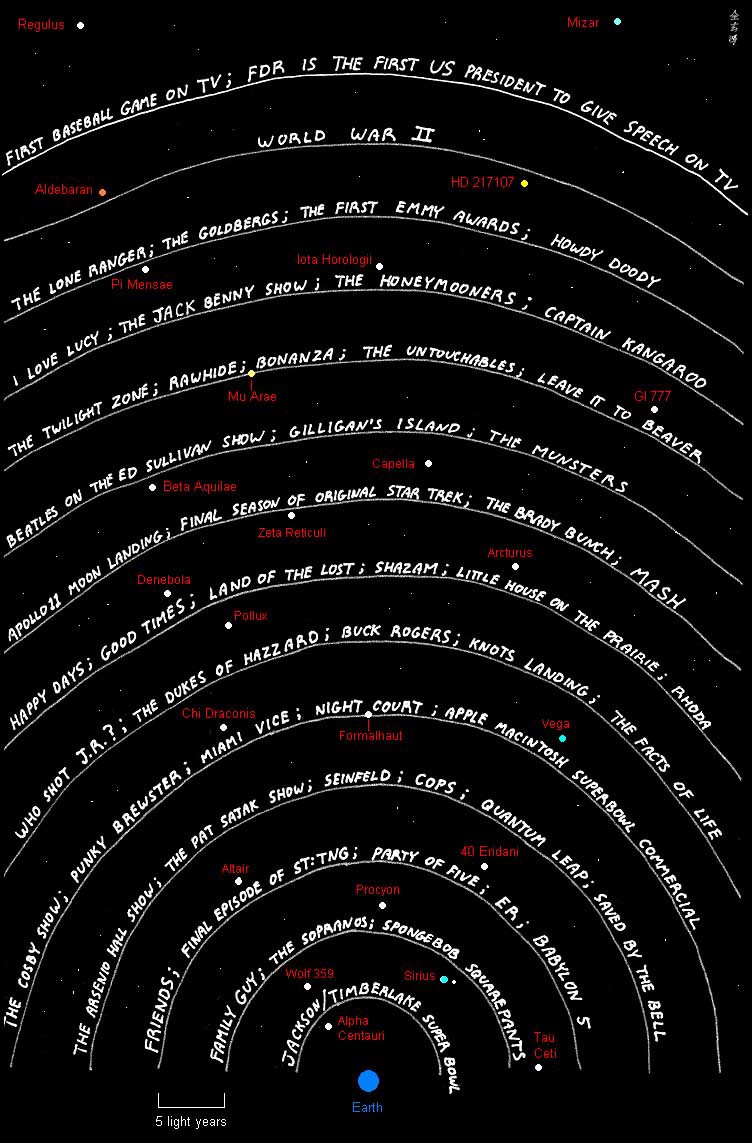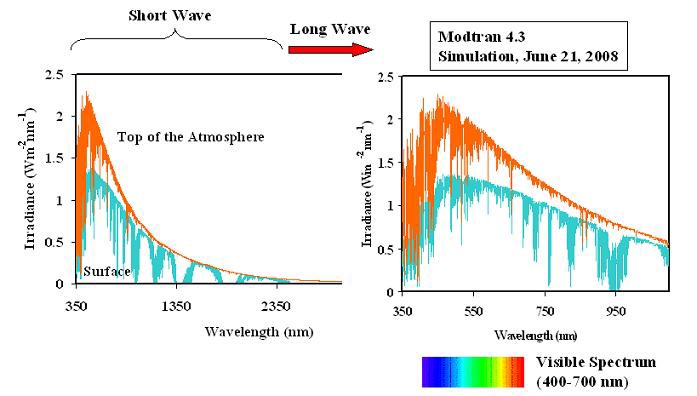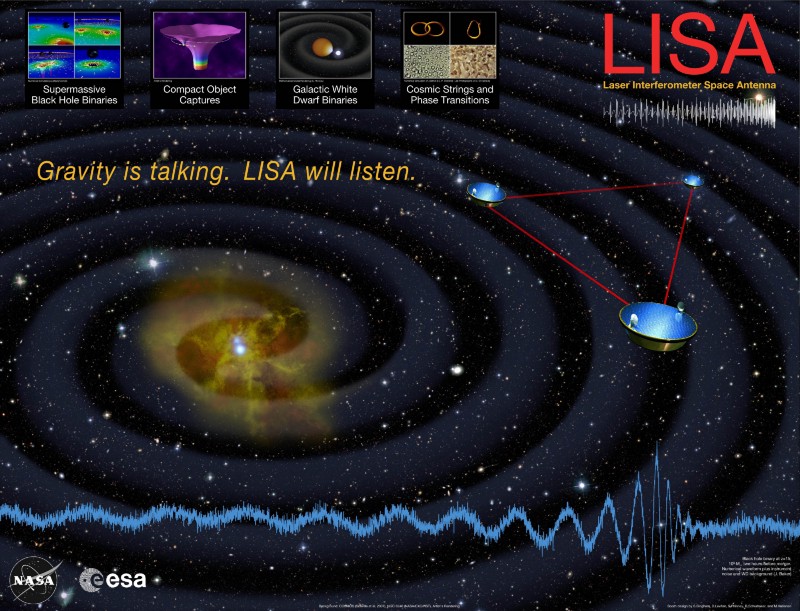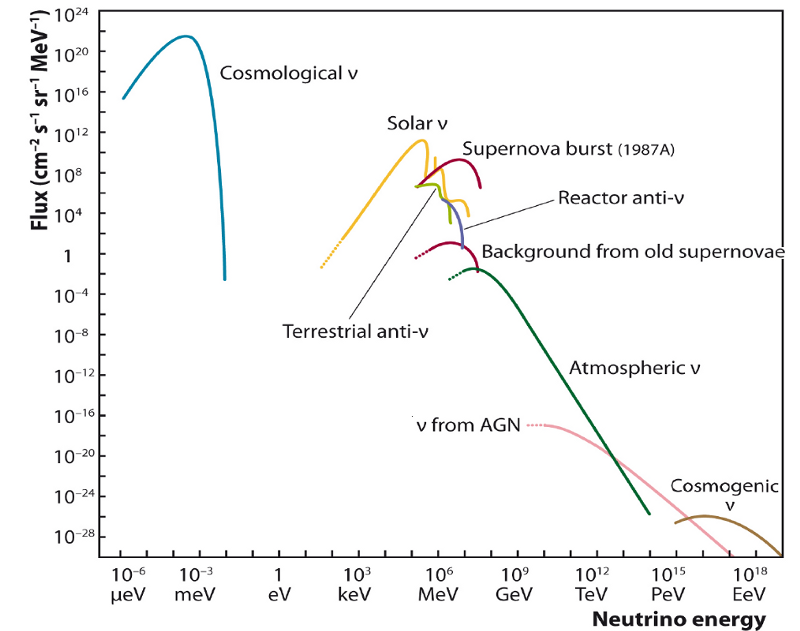Ask Ethan # 105: Are we looking for aliens there?
Fermi realized right away that the aliens had plenty of time to celebrate in the galaxy. But looking around, he did not find clear signs of their presence. This prompted Fermi to ask a question that was obvious to him: "and where is everyone?"
- Seth Shostak
Our “Ask Ethan” series provides great opportunities for you and me. You have a chance to send your question, and I have to reflect on ideas that I would not have thought of. This week, lucky Jan Rolstad, who asks:
Does the search for extraterrestrial life in the electromagnetic spectrum make sense? Does this not seem to be how undeveloped in the sense of technology tribes would look for traces of communications from Western civilization on the sound of drums or smoke signals, while in the modern world people use phones and radio? It seems unlikely that a civilization exploring space would use for communications at interstellar distances a technology limited by the speed of light and requiring many years to pass signals. Who will wait so long?

The question is, of course, purely speculative, but it gives us the opportunity to review our own technical progress and think about how it could have developed elsewhere.

')
The work of electricity began to be understood at the end of the 18th century thanks to the work of Benjamin Franklin. And to curb it, constructing the contours and electrical devices, began in the XIX century, and therefore we began to understand the phenomena associated with classical electromagnetism only in the second half of the XIX century. The first transmission of electromagnetic signals for the purpose of communication did not take place until 1895, and the power of radio stations, sufficient for our signals to reach the interplanetary and interstellar space, was achieved only by 1930.

The speed of light greatly limits the whole picture. If our radio signals traveled in interstellar space for 80 years, this means that only civilizations that were 40 light years from us could catch them and send the answer that we would receive today. If the Fermi paradox is the question “where is everything”, then the answer to it will be “more than 40 light years from us”, which reports little about intelligent life in the Universe.
In our galaxy there may be hundreds of billions of stars, and in the foreseeable part of the universe there are at least 200 billion galaxies - but within a radius of 40 light years from Earth there are no more than 1000 stars.

Worse, the number of electromagnetic signals emanating from Earth into space decreases, and not vice versa. Television and radio are increasingly transmitted via cables or satellites, rather than via transmitting towers on Earth. In another 100 years, most likely, we will no longer send any signals from the Earth. Perhaps the alien civilization, noting the beginning of receiving signals, will conclude that this blue aquatic planet, rotating around a distant star, has reached a state of intelligent and technologically advanced life, which self-destructed after a short time, which is why it stopped sending signals.
Of course they will be wrong. Perhaps the more correct solution will be implied in the reader's question: maybe it’s not worth looking for electromagnetic signals at all.

If you look at the Earth from a short distance in visible light, there will be no doubt about its habitability: the night glow of cities will be an unequivocal sign of activity. But this light pollution appeared not so long ago, and we are already learning to control it, if we manage to make efforts (time, money, man-hours and resources). It is possible to optimistically suppose that in 100-200 years, the night Earth will look just like it looked billions of years - a dark surface, with the exception of auroras, thunderstorms or volcanic eruptions.

But if you do not look for electromagnetic signals, then what should you look for? Everything in the universe is limited by the speed of light, and we can observe any signal created on another planet. Signals that can reach us are divided into four categories:
1. Electromagnetic signals, including all forms of light at all wavelengths, emitting the presence of intelligent life.
2. Gravitational wave signals. If there is a unique signal for intelligent life, it can be detected with sufficiently sensitive equipment, being in any part of the Universe.
3. Neutrino. Although their flows over long distances are very weak, they will become an unmistakable sign of activity, depending on the reaction that generated them.
4. Macroscopic space probes — robotic, computerized, free-flying or habitable — that have reached Earth limits.
It is amazing that the imagination of the fanasters focused on the fourth possibility, which is also the most unlikely at the same time!

If you imagine the huge distances between stars, the number of stars with potentially habitable planets (or potentially inhabiting moons), and how many resources will be needed to physically send probes from one planet orbiting around one star to another planet from another star - it will seem insane such a method is a good plan.
It would be more likely and smarter to build a detector to monitor the sky regions and search for signals that would unequivocally tell us about the existence of a reasonable life.

We know how our world behaves in the electromagnetic spectrum when the seasons change. There are seasonal changes in the electromagnetic signals emitted by the planet. Seasons change, and colors on different parts of the planet change. With a large enough telescope (or array), you can see some signs of civilization: cities, satellites, airplanes, and so on.
But perhaps it would be best to track the deviations of the natural environment due to what only a reasonable civilization could create.

We have not done this yet, but perhaps we should look for precisely large-scale changes of the planets and large-scale projects. Recall that any civilization that we discover is unlikely to be in such technological infancy as ours. If they survive and thrive, they are likely to be ahead of us in development by tens or hundreds of thousands of years. And if this doesn’t surprise you, just remember how we have come in just a few hundred years.
But this thought brings two possibilities.

Perhaps when our gravitational detection technology can detect the first signals from the Universe, we will discover some subtle effects that help us explore deep space. Perhaps something can be found in a world around which tens of thousands of satellites revolve, something unique that the gravitational detector can detect? We have not yet worked through this in detail, since this area of science is in its infancy.
But such signals do not degrade as much as electromagnetic signals, and nothing shields them. Perhaps it is this new branch of astronomy that will be the key in hundreds of years. But I would put on the third option.

What could be the likely source of energy of a fairly advanced civilization? I can say that nuclear energy, and most likely, the energy of synthesis, or rather, a special type of synthesis, which turned out to be effective, widespread, different from what happens in the nuclei of stars and emit very special neutrinos (or antineutrino) as a side effect .
And these neutrinos should have a very special energy "signature" that you will not find in natural processes.

If we can predict this signature, build a detector to detect it, we can find a civilization using nuclear fusion at any point and not worry about whether they are broadcasting or not. If they get energy, we can find them.
This is not to say that my answer will be the ultimate truth; these are only arguments, although scientifically informed, about what we are most likely to find in the universe. Now we may be searching for the cosmic equivalent of smoke signals in the world using mobile phones, but this is unlikely to last for long. With the development of technology, our knowledge of what should be sought will also develop. Maybe someday, and probably soon enough, the universe will have the most pleasant surprise for us: the news that we are not alone.
Source: https://habr.com/ru/post/399223/
All Articles